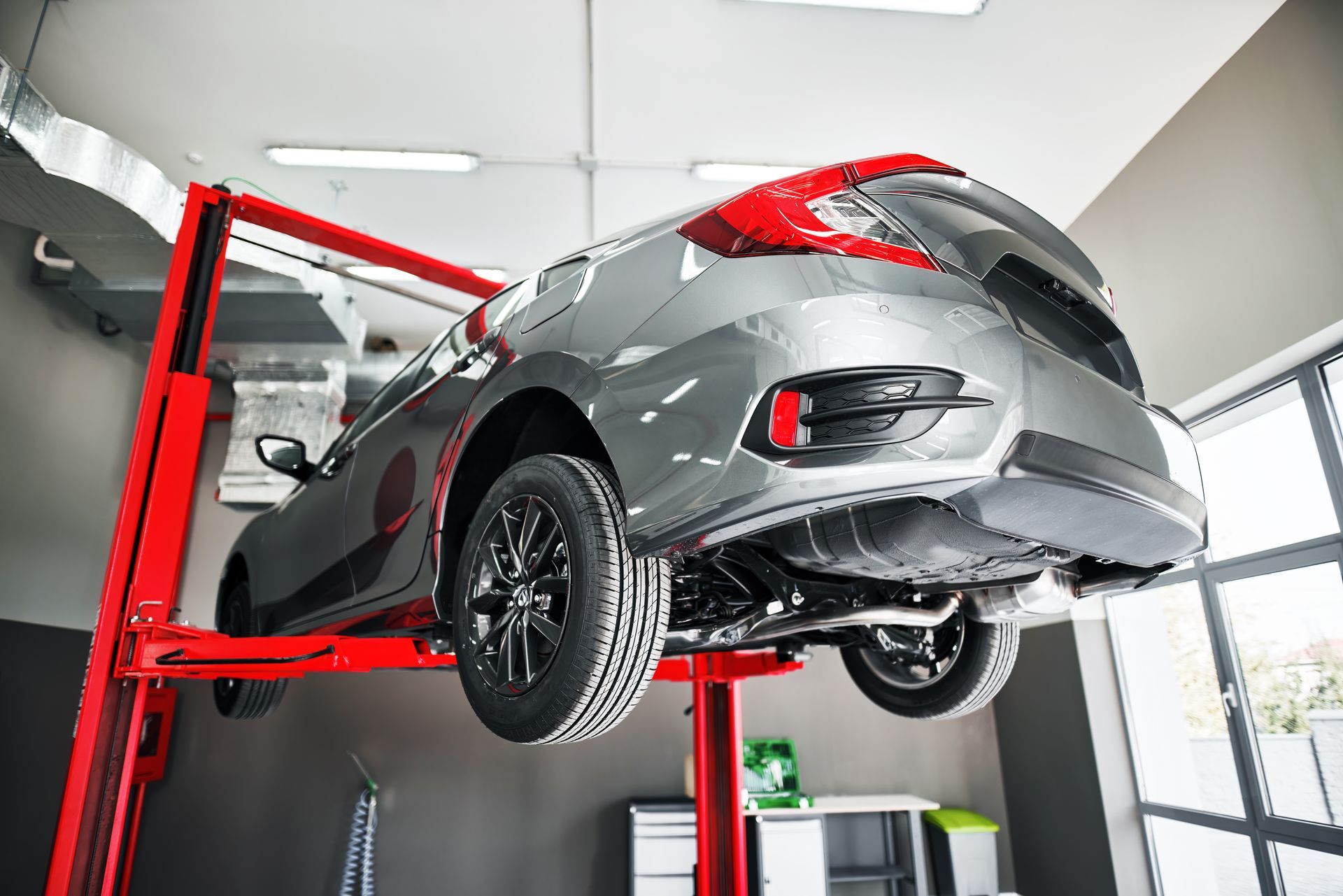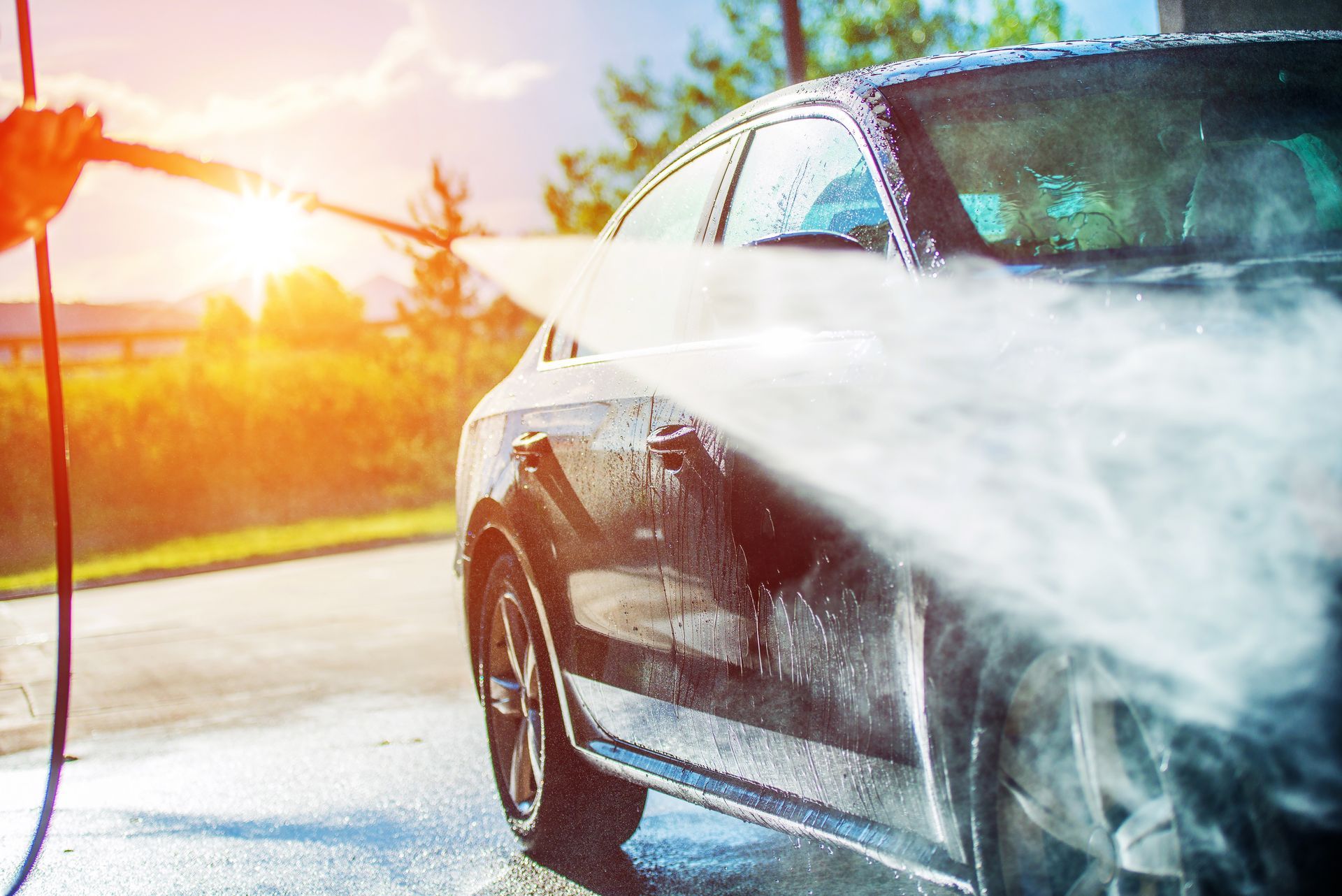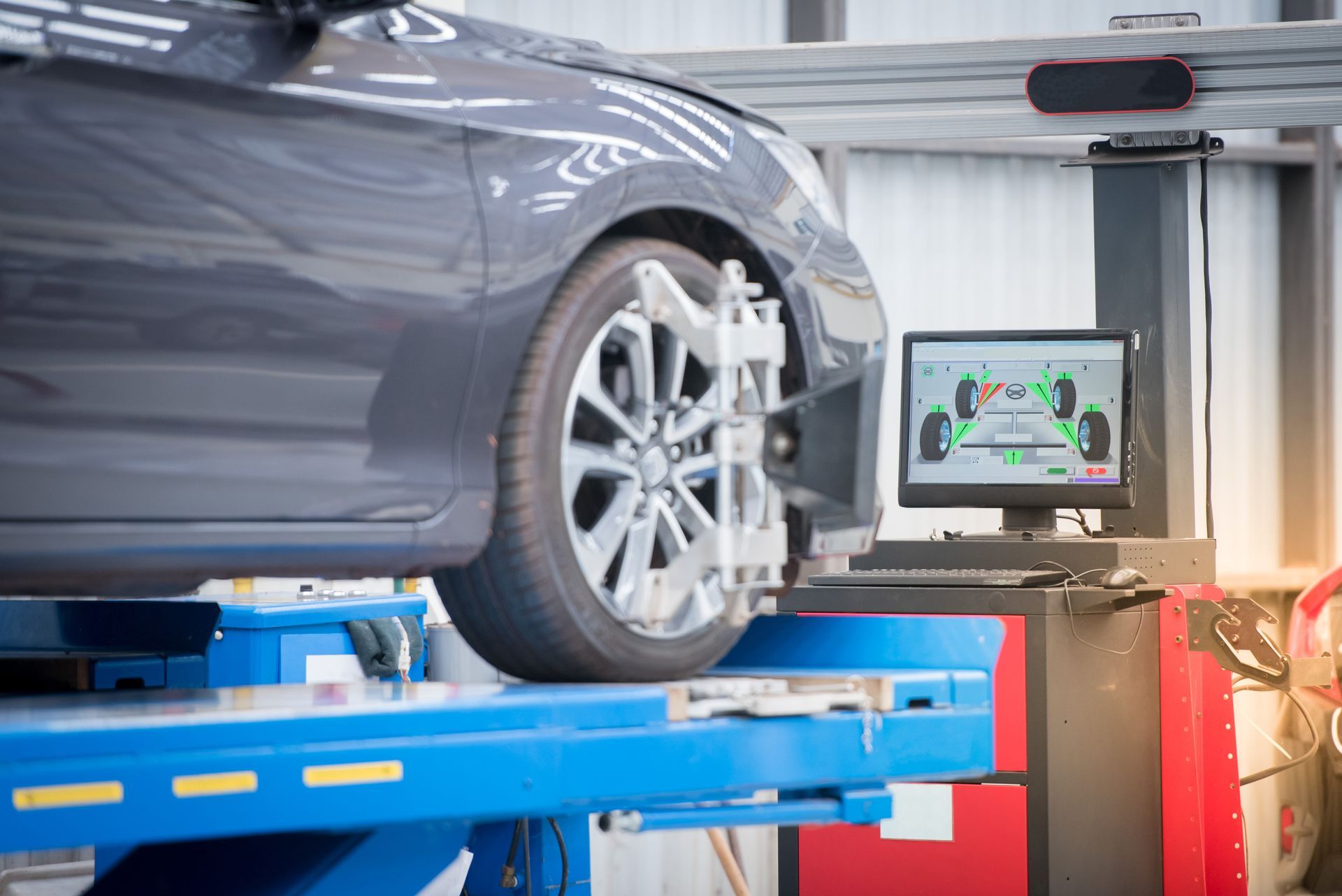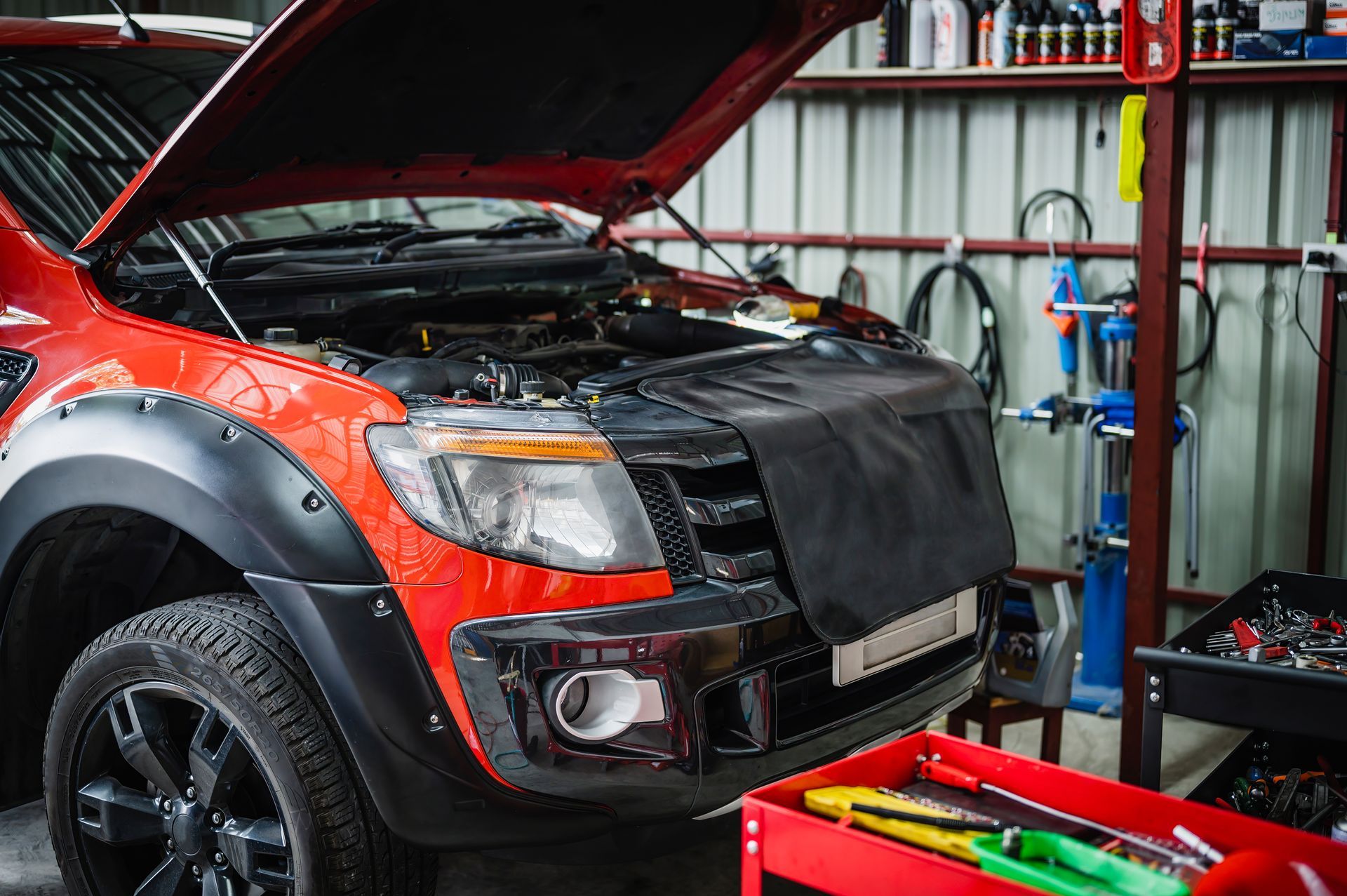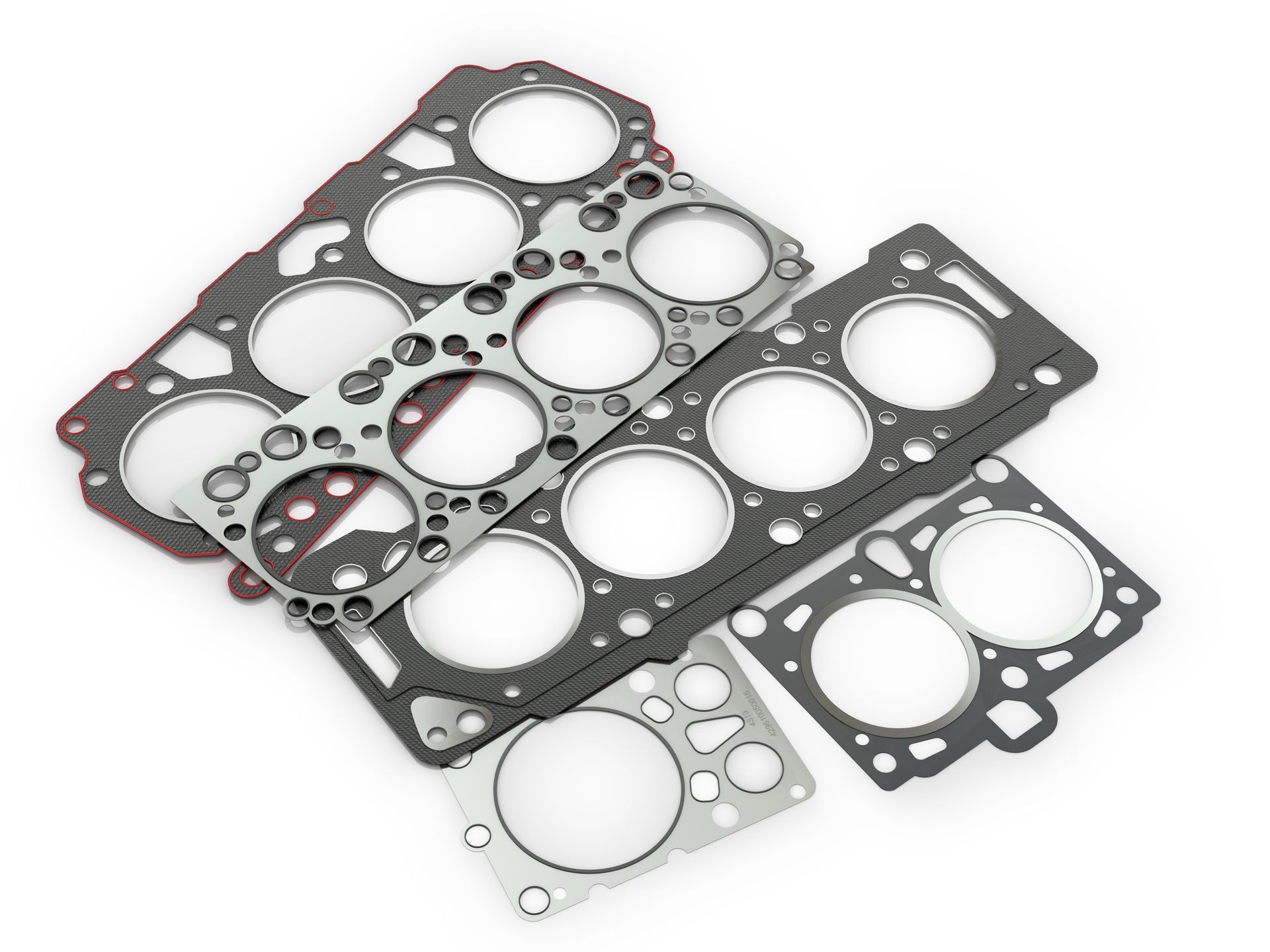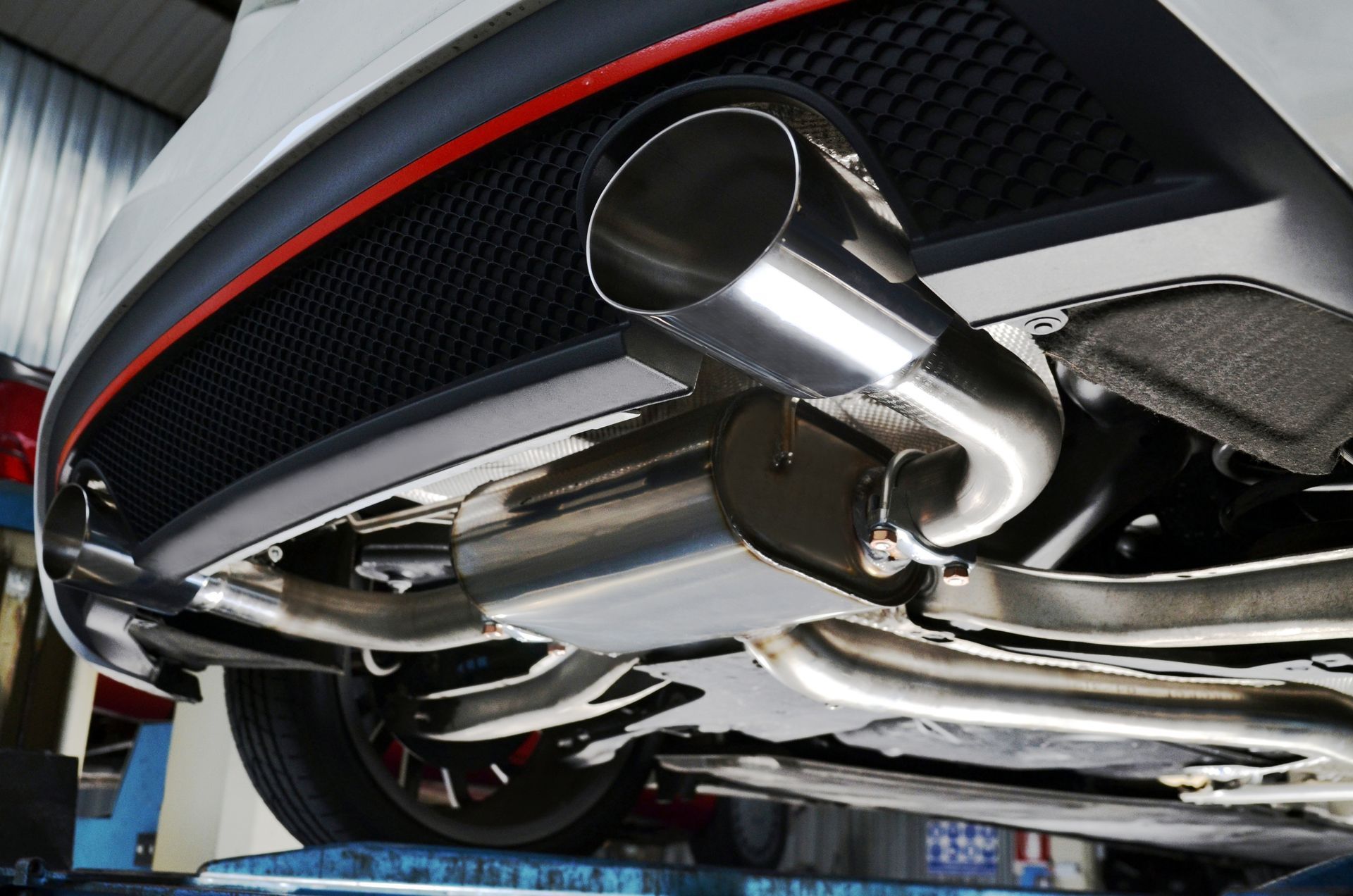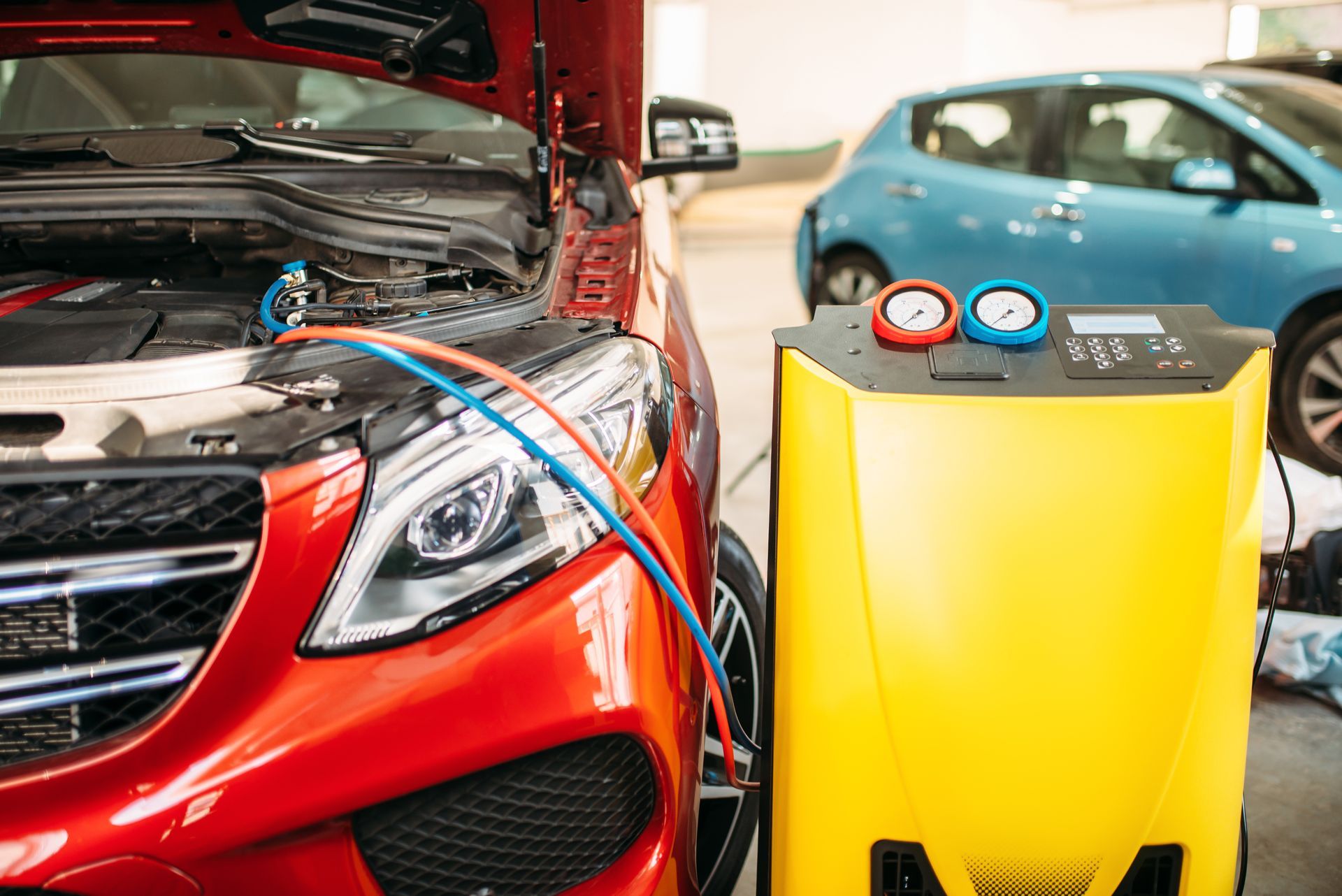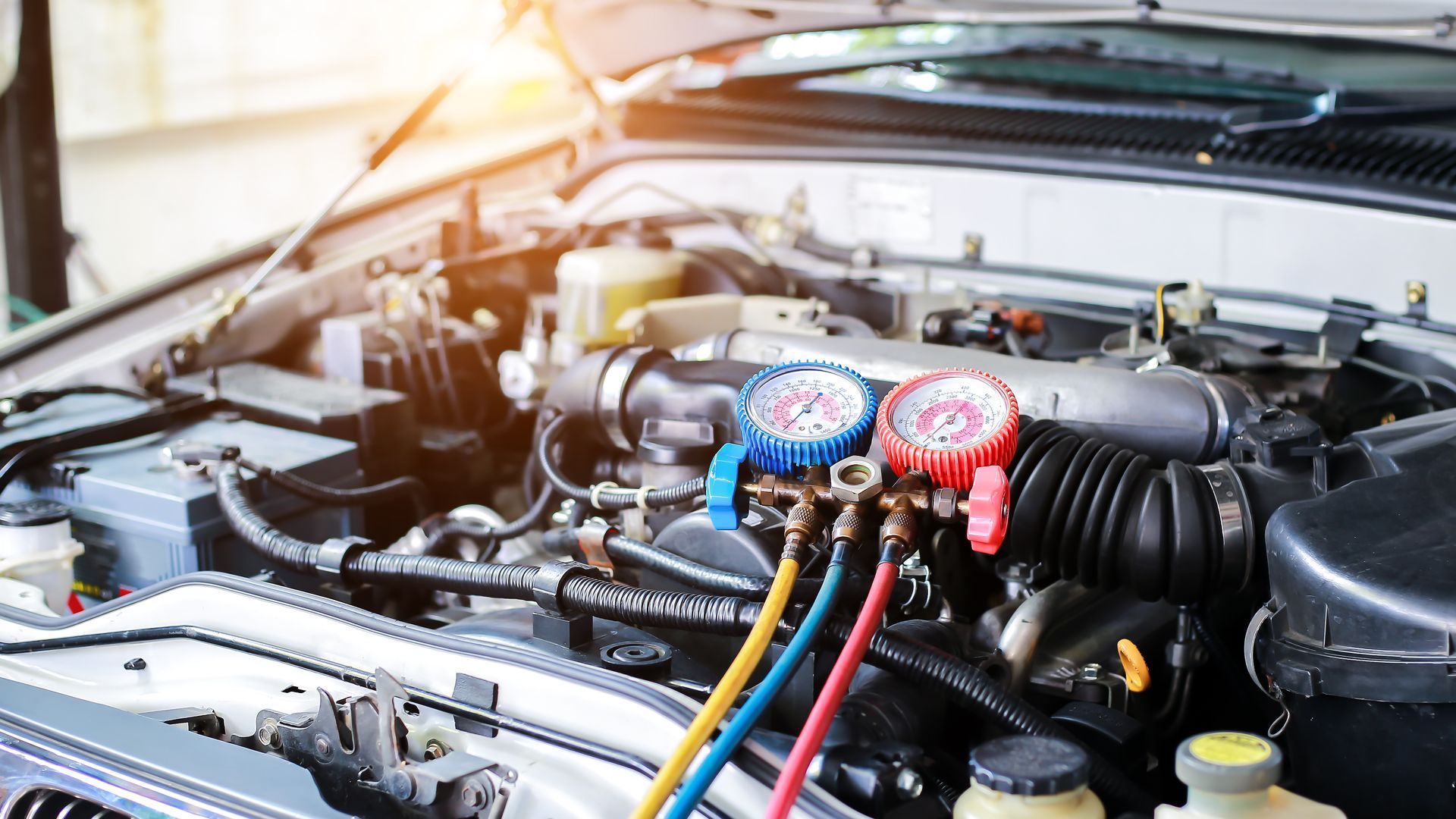If you've ever noticed a strong gasoline smell coming from your car's exhaust, you probably wondered whether this is normal or cause for concern. Not only can the odor of gasoline from your exhaust indicate potential engine problems, but it also poses health and safety risks if left unchecked. We'll share some of the possible reasons why your car’s exhaust smells like gasoline and what you should do about it.
Unburned Fuel in the Exhaust System
One of the most common reasons your car’s exhaust smells like gasoline is that unburned fuel is entering the exhaust system. This can happen when the engine isn’t burning all the fuel efficiently. Several factors could cause this, such as worn spark plugs, a malfunctioning fuel injector, or issues with the ignition system.
Spark plugs that have become dirty or worn out won’t ignite the fuel in your engine properly, which can result in unburned fuel getting into the exhaust. Similarly, a fuel injector that's stuck or leaking can send too much fuel into the combustion chamber, and your car won’t be able to burn it all.
Problems with the Oxygen Sensor
Your vehicle’s oxygen sensor plays a critical role in measuring the amount of oxygen in your exhaust gasses and helping your car’s computer determine the right air-to-fuel ratio for optimal performance. If the oxygen sensor malfunctions, it can throw off this balance, causing the engine to run "rich" — meaning more fuel than necessary is being sent into the engine.
When your car runs rich, it uses more gasoline than it needs, and some of this extra fuel can escape through the exhaust, leading to that telltale gasoline smell. Ignoring this issue can cause poor fuel economy and increase harmful emissions, so it’s important to address it promptly.
Faulty Fuel Pressure Regulator
The fuel pressure regulator is responsible for maintaining the correct pressure in the fuel system, ensuring the right amount of fuel is delivered to the engine. If the fuel pressure regulator is malfunctioning, it might allow too much fuel to enter the combustion chamber. As a result, some of that excess fuel doesn’t burn properly and exits through the exhaust, creating a gasoline odor.
A faulty fuel pressure regulator can also lead to poor engine performance, including misfires, stalling, or hard starting. If you’re experiencing any of these symptoms in addition to the gasoline smell, it’s time to get your vehicle checked out.
Leaking Fuel Injectors or Fuel Lines
Another potential cause for gasoline smells coming from your car’s exhaust is a fuel leak. Leaks in the fuel injectors or fuel lines can cause gasoline to spill into areas of the engine where it shouldn’t be, including the exhaust system. Fuel leaks are hazardous because they increase the risk of fire, and they also waste fuel, which hurts your wallet at the gas pump.
If you suspect a fuel leak, you should address it immediately. Look for visible signs of leaking fuel under your vehicle or in the engine bay, and never attempt to fix a fuel leak yourself unless you’re trained to do so. It’s best to leave this repair to a professional.
Rich Fuel Mixture or Faulty Catalytic Converter
Another reason your exhaust could smell like gasoline is that it is a rich fuel mixture, which means there’s too much fuel and not enough air in the combustion process. This imbalance can cause excess fuel to leave the engine unburned and exit through the exhaust system. A common symptom of a rich fuel mixture is a strong gasoline smell, often accompanied by black smoke from the tailpipe.
A faulty catalytic converter could also be to blame. The catalytic converter’s job is to clean up harmful emissions from your exhaust, but if it’s damaged or malfunctioning, it may not be able to properly filter the exhaust gasses, leading to noticeable gasoline odors.
Should You Be Concerned About the Gasoline Smell
If your car’s exhaust smells like gasoline, it’s not something to ignore. The issue could be as simple as replacing a few parts, like spark plugs or an oxygen sensor, or it could indicate a more serious problem, such as a fuel leak or a damaged catalytic converter. Whatever the cause, a gasoline smell from the exhaust can lead to poor fuel efficiency, increased emissions, and even safety risks if the problem escalates.
Regular vehicle maintenance can help prevent these issues before they start. If you’re noticing any unusual smells, it’s a good idea to get your car checked out by a professional.
Your car’s performance matters. If you're noticing a gasoline smell, let
TDC Automotive diagnose and fix the problem before it gets worse. Book an appointment now!

